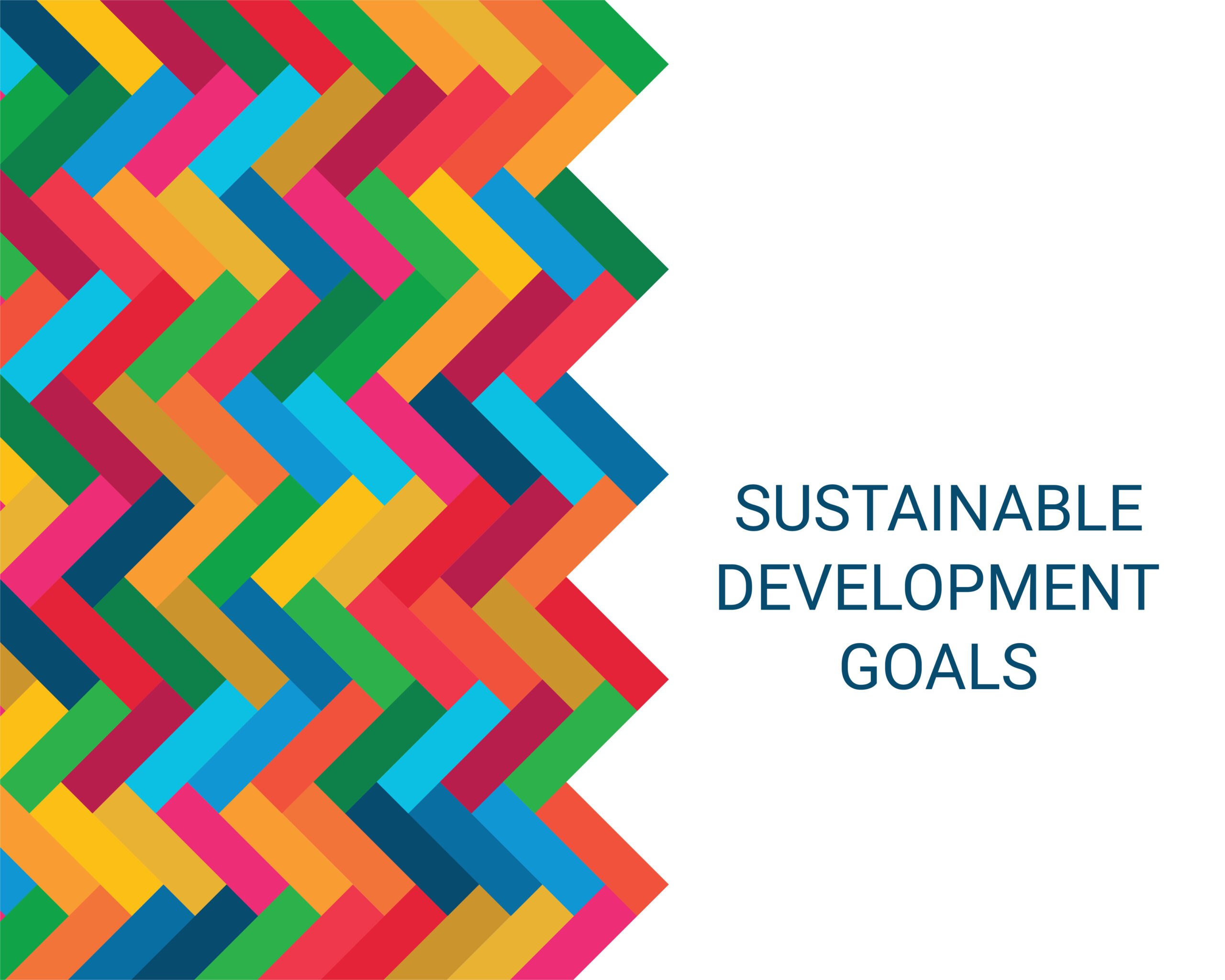
Article
January 20, 2024
Join our upcoming events

Reflecting on 2023, we marked a significant year in our journey towards the Sustainable Development Goals, set for 2030.
‘Health for All’ (Goal 3) remains a pivotal commitment, undertaken by United Nations member states in 2015. Despite advances, challenges such as corruption continue to hinder progress.
We continue our commitment with upcoming events covering crucial topics like ending corruption impunity, tackling falsified medicines, and addressing corruption in pandemic preparedness and response. Stay tuned for more details and registration information.
Previous events
Public Financial Management as a Tool to Combat Corruption in Health (January 16, 2024)
A discussion that explored how we can tackle corruption throughout the public financial management cycle in the health sector.
The role of corruption in sub-standard and falsified medicines (November 21, 2023)
This webinar discussed the overlooked connection between corruption, sub-standard/falsified drugs, and their role in driving antimicrobial resistance (AMR), which contributes to significant global mortality.
Absenteeism in Healthcare (June 12, 2023)
This webinar addressed the issue of absenteeism among health workers, its impact on healthcare access, and its potential classification as a form of corruption.
Ending Impunity to Corruption in Health Systems (June 1, 2023)
A pivotal discussion on overcoming corruption in health, featuring insights from the Global Fund’s Office of the Inspector General and others. The focus was on recovering funds and strengthening oversight and accountability in health systems.
Quantifying Corruption Losses in Health (April 18, 2023)
This event, focusing on corruption within the health sector, offered insights from researchers and practitioners. Key discussions included quantifying corruption losses and identifying corruption “hotspots” in health systems, particularly in Uganda.